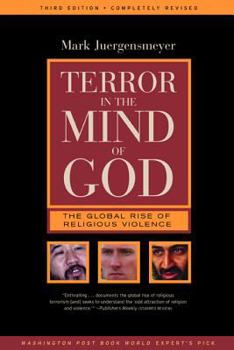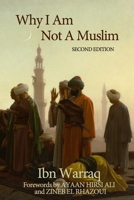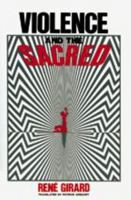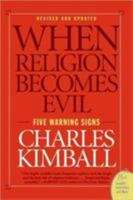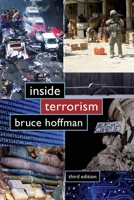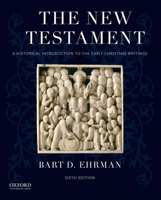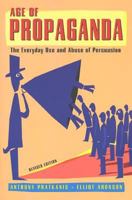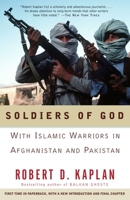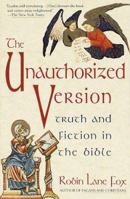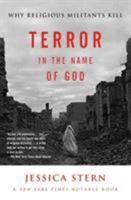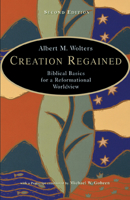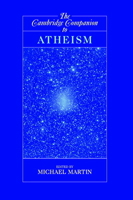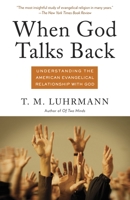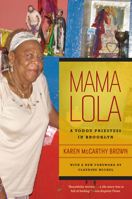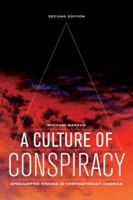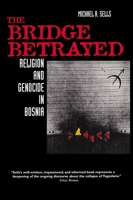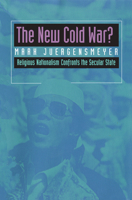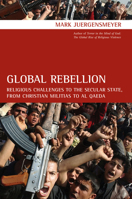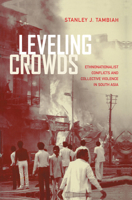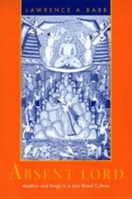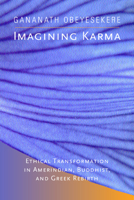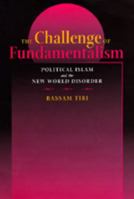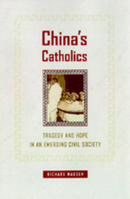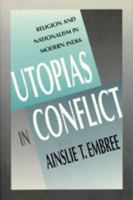Terror in the Mind of God: The Global Rise of Religious Violence
(Part of the Comparative Studies in Religion and Society Series)
Why would anybody believe that God could sanction terrorism? Why has the rediscovery of religion's power in recent years manifested in such a bloody way? What, if anything, can be done about it? Terror in the Mind of God , now in its fourth edition, answers these questions and more. Thoroughly revised and expanded, the book analyzes in detail terrorism related to almost all the world's major religious traditions: European Christians who oppose Muslim...
You Might Also Enjoy
Customer Reviews
Rated 5 starsReligion and Violence in a postmodern context
As a comparative cultural study of religious terrorism, Mark Juergensmeyer attempts to explain how and why religion and violence are linked. Juergensmeyer analyzes recent incidents of global religious terrorism in order to illumine overarching patterns that heighten the risk of religious violence. Splitting his book into two parts, Juergensmeyer, first, highlights examples of religious terrorism within the Christian, Jewish,...
0Report
Rated 5 starsFascinating and extremely frightening
"I will send my terror before you, and will throw into confusion all the people..." (Exodus 23:27).This book sets out to explore why, in a few extreme instances, religion is used to justify terrorism. "Terror in the Mind of God" was published in 2000, before the destruction of the World Trade Center towers, but it is extremely relevant to today's headlines. The psyche of suicide bombers is explored, and the men who send them...
0Report
Rated 5 starsA new standard text for seminary libraries
Terror in the mind of God is a remarkable work made all the more remarkable by the author's dispassionate portrayal of people who, in every other facet (except that facet, religious belief, which has consumed and overwhelmed all the other elements of their humanity) of their lives seem to be no different from the reasonable and decent "normal" people who espouse Christian, Muslim, Sikh, Hindu, Buddhist,or Jewish beliefs. Perhaps...
0Report
Rated 5 starsA Must Read in the Post September 11,2001 World
When the tragic events of September 11th occured, the onslaught of media coverage made me want to search for a objective discussion of these terrorist acts. This book certainly met my expectations. The author studies not just Islamic groups but Christian, Buddhist and Sikh as well. It is eerie when you read descriptions of the 1993 bombing of the WTC and the authors analysis as to why this structure was picked. In fact, the...
0Report
Rated 5 starsa compelling exploration of modern religious violence
This compelling and deeply insightful book, obviously misread by the previous reviewer, does not attempt to advance a hypothesis about the causal origins of religious activism. It does, however, place the rise of religious activism within the context of globalization. Since nearly all of the spokespersons of the movements themselves rail against the global forces of secularism, this seems a reasonable context indeed...
0Report








